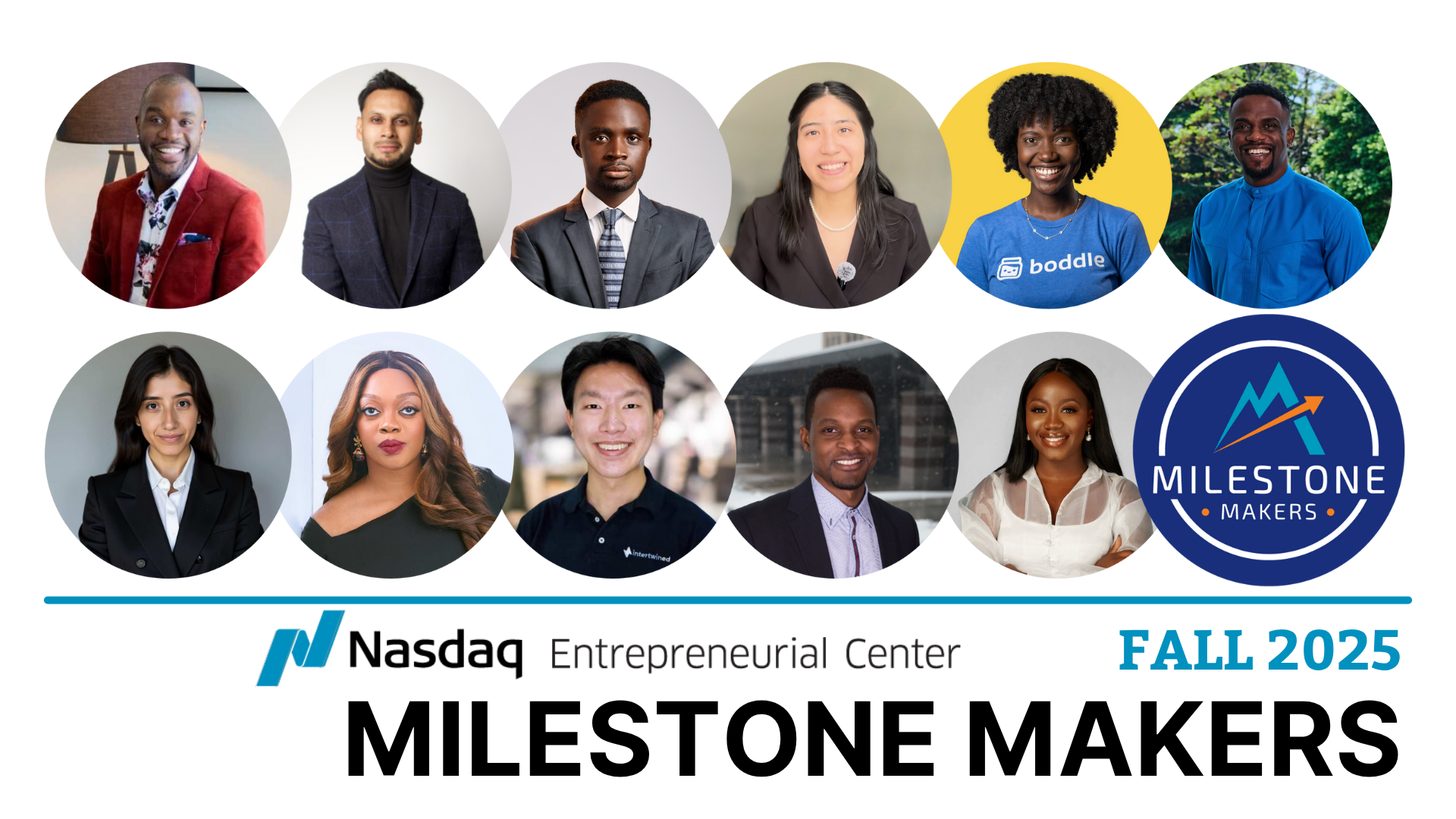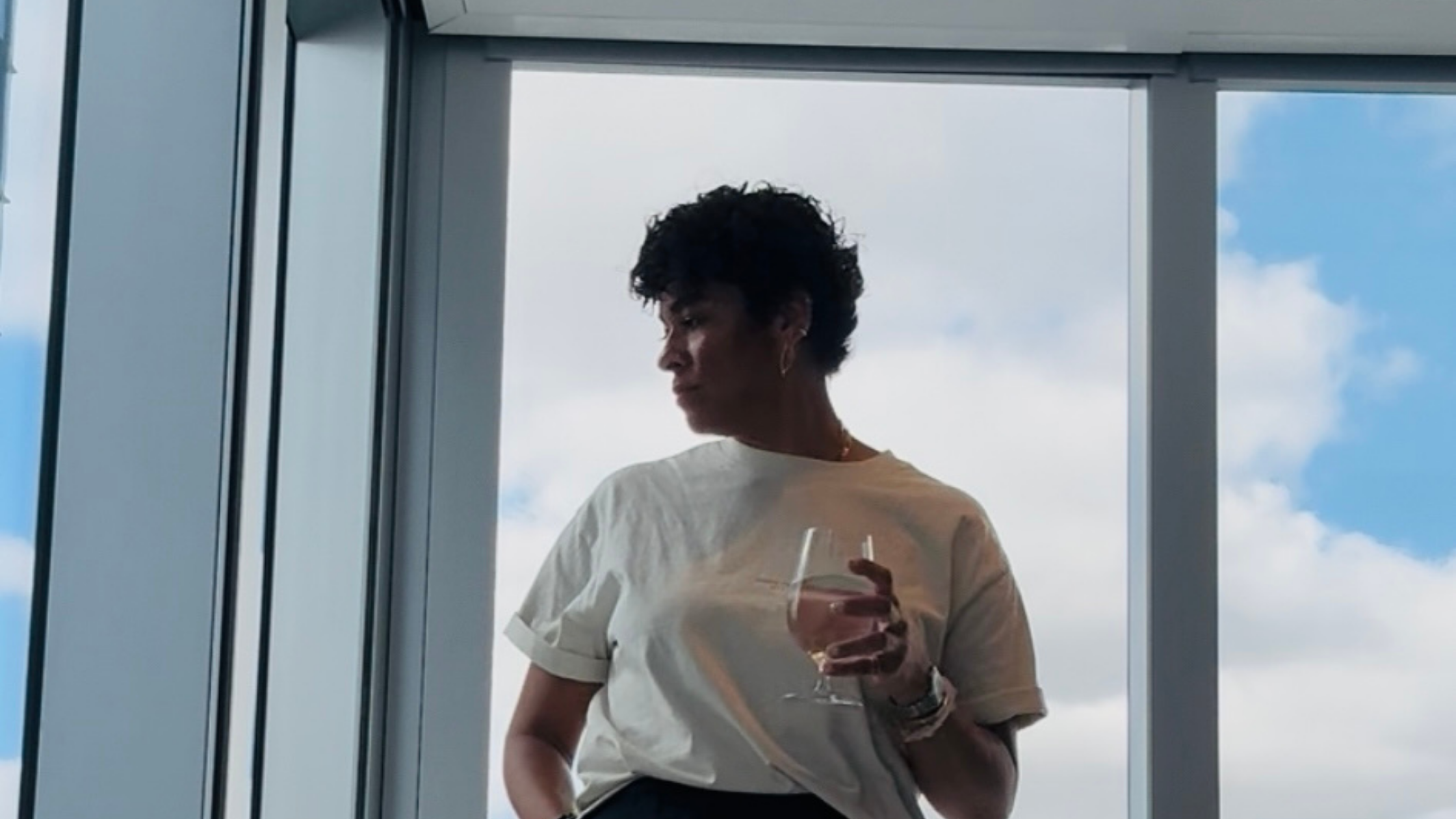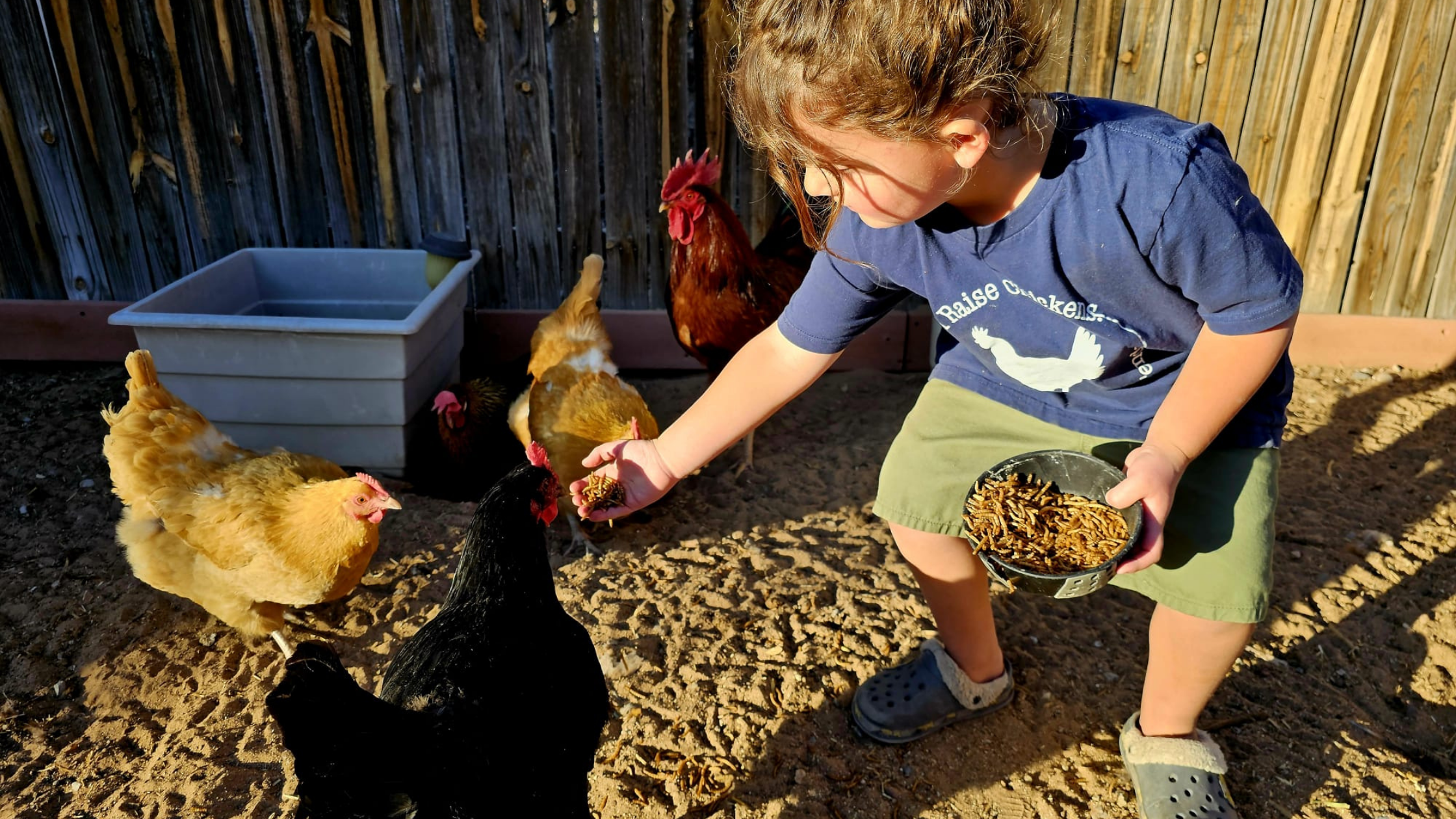The above digital creation, by Nipuna Lakshan, is intended to depict some significant influences on Benjamin Kranz, from left to right – William Hollis, Nikola Tesla, Dr. Martin Luther King, Jr. and his father, David Kranz, along with his faith as the most pronounced.
Benjamin Kranz is currently serving as CXO to Brite-Liter, Inc., a B-corp developing a tool and perfecting a technique to enhance earlier literacy retention without the use of a blue-light emitting screen. Benjamin and his team believe in empowering children with a chance to be greater than their circumstances and offer a 1-for-1 donation model designed to reach those considered disadvantaged. In addition to advancing Brite-Liter, Benjamin comes from 20+ years in the electrical industry, as a contractor, inspector, instructor, and through distribution sales.
What does “entrepreneurship” mean to you?
 Benjamin Kranz: Entrepreneurship to me means recognizing a problem, but seeing it as an opportunity. If you know the space well enough and enough people also have the same problem, you can then move to create a solution, while possessing the courage and determination to bring the solution into fruition.
Benjamin Kranz: Entrepreneurship to me means recognizing a problem, but seeing it as an opportunity. If you know the space well enough and enough people also have the same problem, you can then move to create a solution, while possessing the courage and determination to bring the solution into fruition.
Tell us about your first experience with entrepreneurship.
BK: Although I didn’t realize it at the time, my father had started his own electrical inspection company when I was in grade school. He seized his opportunity. He still operates it to this day, too.
What is your company’s origin story?
BK: When my youngest entered 1st grade, I was told he was deficient in literacy. Once I learned of this, it weighed heavy on me. As a single dad I couldn’t afford a tutor and clearly our bedtime reading routine wasn’t enough. So, I created a tool to maximize his retention and complement our nightly ritual. Yes, electrical tape and a rubber band did hold it together.
By the time the next parent-teacher conference came, he had progressed to the top of his class! Once I realized how effective this tool and technique was, it wasn’t something that I could ever un-know. Coupling that information with a few well-timed motivational speakers (who I listened to battling depression during a divorce) and a conversation with another inventor (during a completely un-related meeting), I decided to dedicate myself to serve as many children as possible in sharing our tool and technique.
The early days were spent seeking out literacy experts, professors, and those well-versed in eye-tracking methodologies and discussing our tool. I needed to know if his success was simply random, but the more conversations I had, the more I was encouraged to continue.
Is there anything you would do differently?
BK: I don’t think so, especially if doing anything differently would’ve changed our course in having this opportunity.
What does “success” look like for you?
BK: I would say that success for me would be when the National Assessment of Educational Progress recommends adjusting the 4th grade literacy proficiency test to be at least marginally more difficult.
We’d love to hear your biggest, boldest dream?
BK: Let me finish this one first.
What do you think will help you achieve it?
BK: Having the right conversation with the right person at the right time.
What is your superpower as an entrepreneur?
BK: Transparency. Although as a superpower being able to turn invisible would certainly be interesting, for me it’s something more…
What is your proudest and darkest moment so far? Share a key high and a key low from your journey if you can.
BK: I was delighted with how the website (www.brite-liter.com) turned out. The folks at Graphic Hive did a sensational job capturing the effect. I’m not sure what our darkest moment would look like – there’s always something to be learned, you may have to wait for your eyes to adjust to see it, though.
What are your personal driving principals, your top values?
BK: Integrity would be at the top of my list, followed by kindness or generosity.
My word is one of the few things in this life that I truly consider my own, it’s not something I take lightly or freely give. Generosity would likely be exemplified by the fact that we are a B-corp and we follow a donation model with our tool, reaching those considered disadvantaged.
What’s it like to work alone or with your partners?
BK: I enjoy both. David and Spring are fantastic. We have a level of trust and respect for each other that isn’t common. We also have some history together as a team (shout-out to any OMers reading this!) and our strengths and personalities complement each other’s. I’m an introvert by nature so I don’t mind the lonely, late night grinds every night.
Do you have a mentor? Tell us about what makes them valuable to you and your business?
BK: There are a few folks that I connect with periodically for perspective and Insight. One of them was instrumental even at the beginning of our journey, back before I had ever discussed the tool with anyone and they didn’t realize the impact they had on me. I’ve connected with a couple here at Nasdaq, too, and they were incredibly insightful. I find discussions with them valuable as they often ask questions leading into deeper consideration and offer fresh, different perspective.
What role does mentorship play in your world (as a mentor or mentee)?
BK: Whether we choose to acknowledge it I believe we experience both of these roles daily, at work, at home, volunteering time coaching, even moments less obvious, like stopping to pick up milk. If somebody is paying attention or there’s some type of interaction, there’s influence. On some level – that’s also mentorship. I try to exhibit the positive as often as possible, whether it’s words of encouragement or facilitating an introduction, because you never truly know how your actions can affect another’s.
Many entrepreneurs continue to perfect their daily routines to support their work and greater vision; would you mind sharing your morning routine or a regular ritual that grounds your work each day?
BK: That’s a tough question to answer – for me I think it happens in the shower. Maybe it’s my Pisces nature – I find a calming peace there, typically free from (most) distractions and it allows a thought process balanced between the tasks to complete that day while exploring some of the ‘What If’ scenarios.
What are you reading or have read?
BK: How to Win Friends & Influence People, Small Giants, A Mile In Her Shoes, Startup CXO and The Best Gifts Come from the Bottom each have their own bookmark on the shelf behind me right now.
Where do you go for inspiration?
BK: Motivational speakers – short bits from various speeches such as those compiled by Motiversity often resonate with me; the first four tracks from William Hollis’s The Darkest Hour (Demo Tapes); Les Brown’s Georgia Dome speech and Dr. Billy Alsbrooks would make this list as well.
Do you have a favorite quote, mantra, or words of wisdom to get through the tough days?
BK: ‘The best gifts come from the bottom’ – William Hollis
‘The purpose of life is to live a life of purpose’ – Jay Samit credited to Robert Byrne
‘Live your life never to be ashamed If anything you say or do is published all over the world…even if what if said is not true.’ – Richard Bach excerpt from Illusions
What is a problem that keeps you up at night?
BK: ‘Keeps me up at night’ isn’t quite accurate. I typically am exhausted by the time I look to sleep. Those waning moments, though, are typically used replaying interactions of the day, usually with my kids, reflecting and learning from them…or at least trying to, and how I can be a better mentor to them the next day.
How do you think about helping others through your work?
BK: Our team believes in giving opportunities to those that could allow them to become greater than their circumstances. I don’t know of a better way to do so than to help give the gift of literacy.
What advice do you have for fellow (and aspiring) entrepreneurs building and leading teams?
BK: Keep your ‘why’ as your guiding star as you navigate and make sure everything you do counts for something in pursuit of that vision. During moments of uncertainty – ask yourself ‘would my future self agree with this choice?’ Listen. Listen. Listen and then ask the next question.
What kind of an entrepreneur do you want to be known as – as in, what do you want your legacy to be?
BK: The legacy of Hal Taussig would be one I hope to embody. If you’ve heard of the Untours Foundation, you likely know at least a portion of his approach, perspective and ultimately his generosity. He was inspirational in the B-Corp movement and combined kindness with practical business. The world could use a few more Hal Taussigs.
Do you have someone you’d like to nominate to be profiled in our Faces of Entrepreneurship series? Please let us know by emailing media@thecenter.nasdaq.org or submit your nomination using this form.




